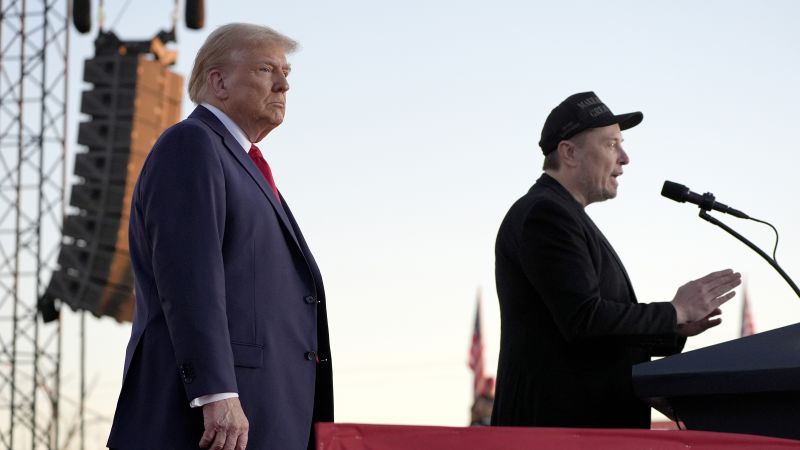Last month, former President Donald Trump’s campaign connected with Elon Musk’s X regarding hacked Trump campaign materials circulating on the platform. The materials were published by journalist Ken Klippenstein and allegedly the result of an Iranian government-supported hacking operation. The dossier contained internal communications from a senior Trump campaign official and materials on Senator JD Vance before he was named Trump’s running mate. Klippenstein’s publication of the dossier on Substack led to his X account being permanently suspended for violating platform rules on posting private information.
The Trump campaign had a conversation with X officials about the hacked materials before Klippenstein was banned and links to his newsletter were blocked. The campaign did not push X officials to remove links to the materials, and X made the decision independently. A spokesperson for X did not comment on the situation. The New York Times first reported the correspondence between the Trump campaign and X officials in an article about Elon Musk’s support for Trump’s reelection campaign.
Klippenstein’s post on X contained a link to his Substack page, which included a link to the dossier but did not directly share Vance’s information on the platform. X’s aggressive suppression of the dossier contrasted with Meta’s approach, which blocked users from sharing Klippenstein’s newsletter but allowed his Instagram and Facebook accounts to remain active. Meta stated that their policies do not allow content from hacked sources or foreign government operations to influence US elections, leading to the blocking of such materials from being shared on their apps.
Klippenstein was not the only recipient of the dossier, as other media outlets had also received similar emails offering private documents from the Trump campaign. However, some outlets, including Politico, The New York Times, and The Washington Post, opted against publishing the materials due to concerns about their origin. X’s decision to block links to Klippenstein’s newsletter followed Musk’s release of Twitter company documents, which he claimed showed government coercion in censoring links to a New York Post article about Hunter Biden.
Musk’s acquisition of Twitter, now renamed X, was positioned as an attempt to create a free digital public square and combat censorship. However, the ban on Klippenstein and suppression of links to his newsletter in connection to the Trump campaign raised questions about the platform’s favoritism towards Trump. Musk has been vocal about his support for Trump’s candidacy and has donated millions to a pro-Trump super PAC he founded. Musk has also publicly criticized Vice President Kamala Harris and expressed concerns about the outcome of the election if Trump were to lose.


